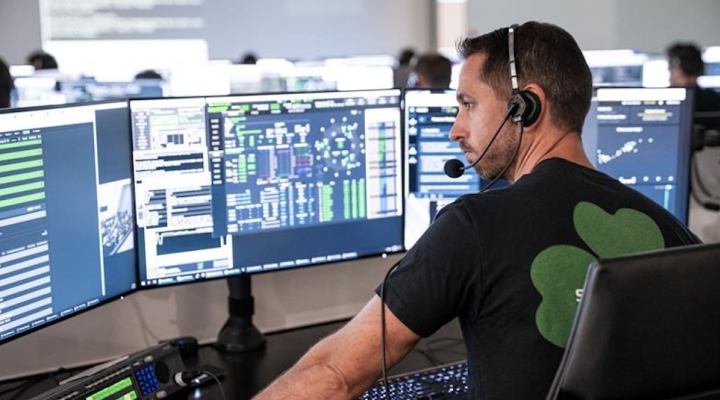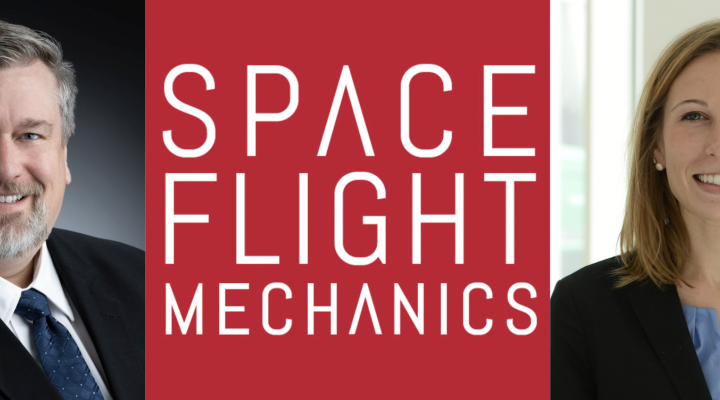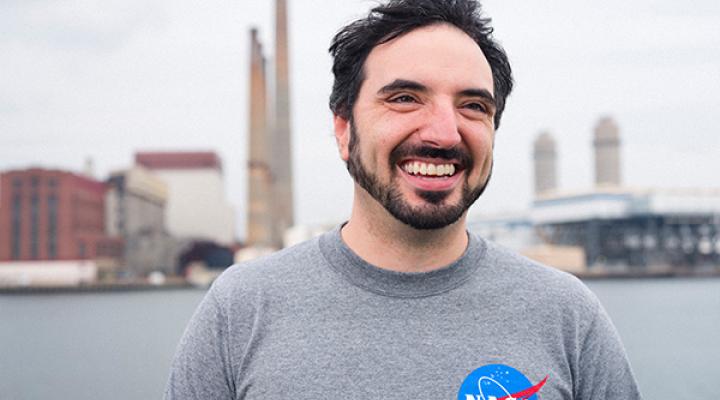MAE Prof. Mark Psiaki receives the Institute of Navigation Fellow award for contributions to GNSS signal processing, software receivers, ionospheric scintillation modeling,
and for satellite orbit and attitude determination. The institute announced the Fellow winners at a banquet that was held on January 29th at the Catamaran Resort Hotel in San Diego, California which was held in conjunction with the 2014 International Technical Meeting.
Dr. Mark Psiaki contributed filtering/estimation algorithms or hardware to the following spacecraft: the Los Alamos satellite ALEXIS, the NASA satellites AURA and AQUA, the NASA sounding rockets SIERRA, CASCADES/CASCADES-2, ROPA, RENU/RENU-2, and MICA, and the Cornell Satellite CUSat. He developed algorithms for the NASA NAVIGATOR GPS receiver that acquires main-lobe and side-lobe signals on board spacecraft which fly above the GPS constellation. He led the Cornell team that developed a sequence of real-time GNSS software receivers culminating in the dual-frequency CASES space weather monitor.
Dr. Psiaki has authored or co-authored more than 60 refereed journal articles, over 50 additional conference proceeding and trademagazine papers, and holds four patents. He has received the Institute of Navigation's Burka Award, six AIAA best-papet~in-conference awards, and a Pride at Boeing Accomplishment Award.
Dr. Psiaki developed a graduate course, Model-Based Estimation, to prepare students for work on GNSS and other aerospace estimation problems. He also teaches Cornell's GNSS curriculum. He first leamed the meaning of GPS in January 1998, when he took Professor Paul Kintner's introductOty course in this area. His initial
GPS paper followed in a few months, and he has stayed with the field ever since. To him, GNSS research is a "playground" for someone with interests in Kalman filtering and related techniques.
Dr. Psiaki received a B.A. in Physics and M.A. and PhD degrees in Mechanical and Aerospace Engineering, all from Princeton. From 1979-1982 he worked at RCA Astra-Electronics on the TIROS program. He has been at Cornell since 1986, and currently holds the rank of Professor in Mechanical and Aerospace Engineering. He spent two sabbatical leaves with the Aerospace Engineering Faculty
of the Technion in Israel as a Lady Davis fellow. He is a co-founder of Coherent Navigation, Inc., where he worked on iGPS signal processing and Iridium orbit determination.





